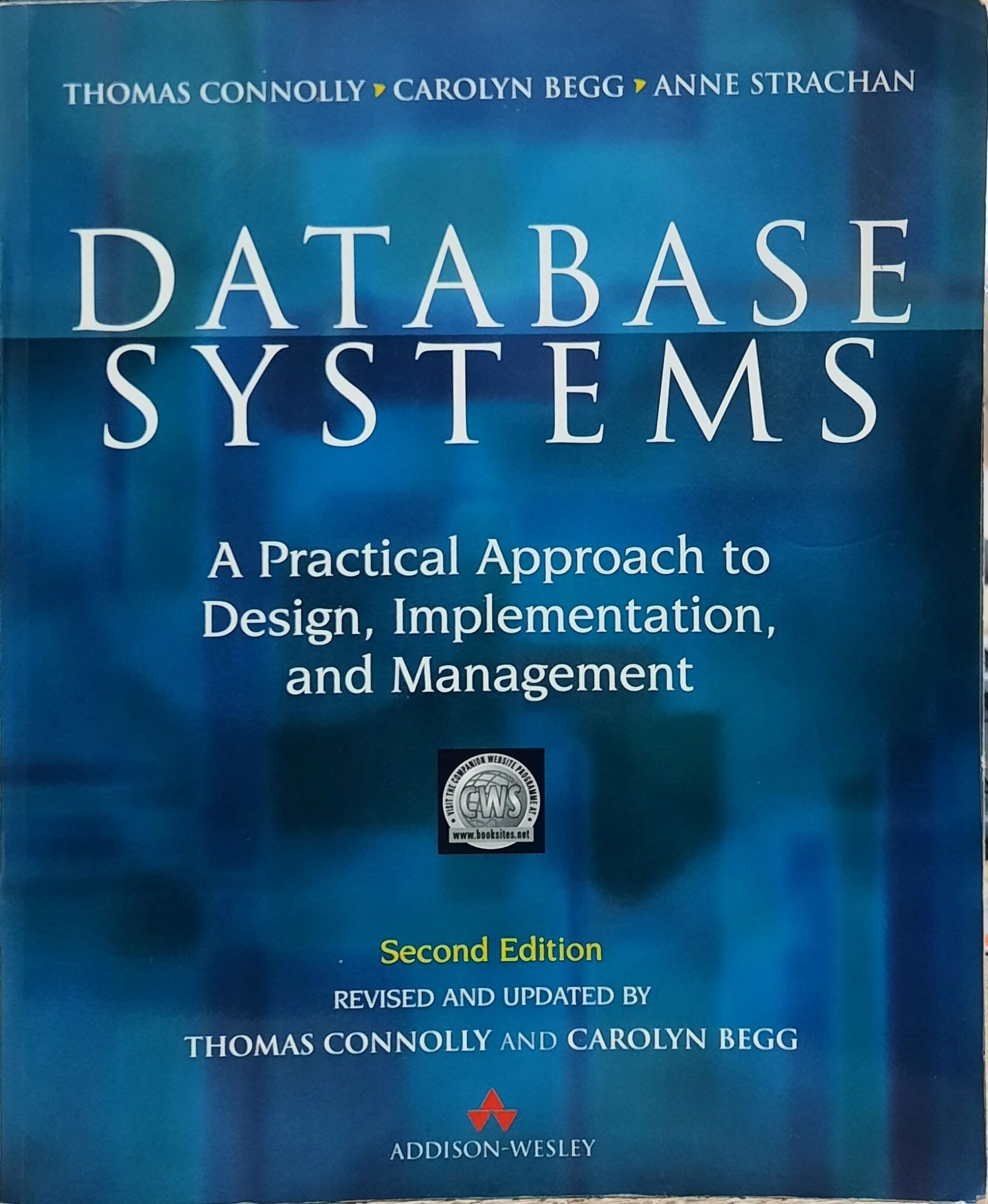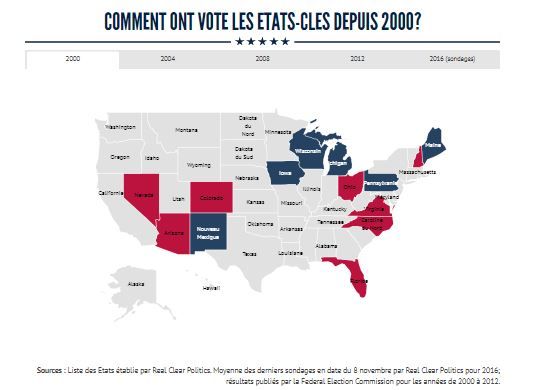Completely Removing Your Online Information: A Practical Approach

Table of Contents
Understanding Your Online Presence
Before you can start removing your online information, you need to understand where it exists. This is your digital footprint, and it encompasses far more than just your social media profiles.
Identifying Your Digital Footprint
Knowing the extent of your online presence is the first crucial step in completely removing your online information. Your digital footprint includes various pieces of information scattered across the internet.
-
Examples of online information:
- Social media profiles (Facebook, Twitter, Instagram, LinkedIn, TikTok, etc.)
- Online forums and comments sections
- Reviews and ratings on websites like Yelp, Amazon, and Google My Business
- Blog posts and articles mentioning your name
- Images and videos featuring you
- Public records (depending on your location)
- Data held by data brokers
-
Tools to discover your online presence:
- Google Search: Use various search terms including your name, email address, phone number, and any known online usernames.
- Specialized search engines: Pipl, WhitePages, and similar services can aggregate information from various sources.
- Social media searches: Search for your name and any associated usernames on different platforms.
Assessing the Risks of an Extensive Online Presence
A large digital footprint presents several risks to your privacy and security. Understanding these risks is vital for motivating the effort required to completely remove your online information.
-
Specific examples of risks and their consequences:
- Identity theft: Your personal information can be misused for fraudulent activities.
- Stalking and harassment: Easily accessible information can make you a target for malicious individuals.
- Employer scrutiny: Information found online might impact your job prospects or current employment.
- Reputational damage: Negative or outdated information can affect your professional and personal reputation.
- Data breaches: Your personal information might be exposed in a data breach, leading to various security risks.
-
The importance of data privacy and security: Protecting your data is crucial in today's digital age. A smaller digital footprint minimizes your vulnerability to online threats.
Removing Information from Social Media Platforms
Social media is often the largest contributor to your digital footprint. Completely removing your online information requires careful management of these platforms.
Deleting Accounts vs. Deactivating Accounts
There's a critical difference between deleting and deactivating your social media accounts. Deactivation temporarily hides your profile, while deletion permanently removes your data.
-
Steps to permanently delete accounts on major platforms: Each platform has its own process; refer to their help centers for specific instructions. Be prepared for this process to take time, potentially several weeks or more.
-
Considerations before deleting accounts:
- Lost connections: You'll lose contact with people you've connected with on the platform.
- Archived data: You might lose access to photos, videos, and other personal data you've stored on the platform. Download a copy of your data before deleting your account, if possible.
Managing Privacy Settings
Even if you don't wish to delete your accounts entirely, meticulously managing your privacy settings is essential to controlling your online information.
-
Examples of privacy settings to adjust on different platforms: Limit who can see your posts, friend requests, and personal information. Regularly review and adjust your privacy settings across all your accounts.
-
The ongoing need to review and update privacy settings: Social media platforms frequently change their settings and policies. Regularly reviewing and updating your settings is crucial to maintaining your privacy.
Removing Information from Search Engines
Search engines index vast amounts of information, making it challenging to completely remove your online information from their results.
The Right to be Forgotten
The "right to be forgotten" is a legal principle in some jurisdictions allowing individuals to request the removal of their personal information from search engine results. However, this right is not absolute and has limitations.
-
Steps to request removal of information from Google, Bing, and other search engines: Each search engine has its own process for handling these requests; carefully review their policies and guidelines. Be prepared for a potentially lengthy and involved process.
-
Understanding the process and potential challenges: Search engines may not remove all requested information, particularly if it's deemed to be in the public interest or related to matters of public concern.
Managing Search Results Through Content Removal
Removing content directly from websites indexed by search engines is another strategy for influencing your search results.
-
How to identify and contact website owners: Find the contact information for website owners and politely request the removal of content containing your personal information.
-
Understanding copyright and intellectual property rights: Be mindful of copyright and intellectual property laws when requesting content removal.
Dealing with Data Brokers and Online Databases
Data brokers collect and sell personal information, often without your knowledge or consent. Addressing these entities is key to completely removing your online information.
Identifying and Opting Out of Data Broker Services
Many data brokers allow you to opt out of their services, effectively removing your information from their databases.
-
Resources and tools to identify data brokers: Several websites list known data brokers and provide information on how to opt out.
-
Step-by-step guide on opting out of data broker services: The process varies for each broker; carefully follow their instructions. This can be a time-consuming process, requiring patience and persistence.
Using Privacy-Focused Search Engines and Browsers
Using privacy-focused tools can enhance your online privacy and help minimize the collection of your data.
-
Examples of privacy-focused search engines: DuckDuckGo and Startpage do not track your searches.
-
Examples of privacy-focused browsers: Brave and Firefox (with privacy extensions like uBlock Origin and Privacy Badger) offer enhanced privacy features.
Conclusion
Completely removing your online information requires a multifaceted approach, encompassing social media management, search engine optimization strategies, and dealing with data brokers. This process demands time and effort, but the benefits to your privacy and security are significant. You'll gain a greater sense of control over your personal data and reduce your vulnerability to online threats.
Call to Action: Take control of your digital footprint today! Start by identifying your online presence and utilize the strategies outlined in this guide to begin completely removing your online information. Reclaim your privacy and enhance your online security. Remember that this is an ongoing process, requiring consistent attention and proactive measures.

Featured Posts
-
 Which Uk Diy Retailer Offers The Best Value A Comprehensive Review
Apr 23, 2025
Which Uk Diy Retailer Offers The Best Value A Comprehensive Review
Apr 23, 2025 -
 24 Subat Guemueshane Okul Durumu Tatil Mi Degil Mi Son Dakika Bilgileri
Apr 23, 2025
24 Subat Guemueshane Okul Durumu Tatil Mi Degil Mi Son Dakika Bilgileri
Apr 23, 2025 -
 Le 18h Eco Lundi 14 Avril Les Points Cles De L Emission
Apr 23, 2025
Le 18h Eco Lundi 14 Avril Les Points Cles De L Emission
Apr 23, 2025 -
 2025 Calendar Of Us Holidays Federal And Non Federal
Apr 23, 2025
2025 Calendar Of Us Holidays Federal And Non Federal
Apr 23, 2025 -
 Kecocokan Jodoh Weton Jumat Wage Dan Senin Legi Menurut Primbon Jawa
Apr 23, 2025
Kecocokan Jodoh Weton Jumat Wage Dan Senin Legi Menurut Primbon Jawa
Apr 23, 2025
